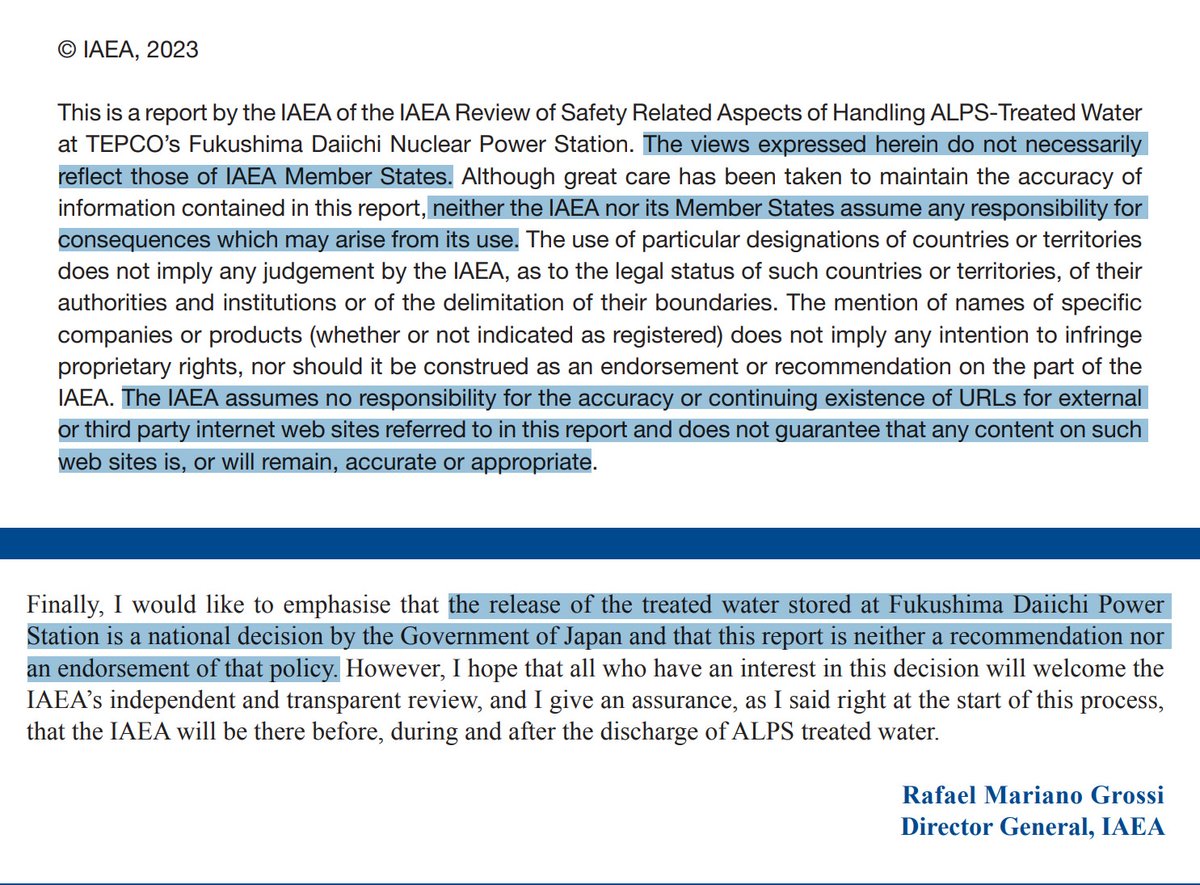People love overreacting to any high-profile nuclear energy news, especially when it has a political character. The IAEA has a comprehensive report on this (https://www.iaea.org/topics/response/fukushima-daiichi-nuclear-accident/fukushima-daiichi-alps-treated-water-discharge) and, while I'm not a nuclear energy expert, just an enthusiast, it's all predictably mundane and low-risk and there's many, many far more dangerous sources of ocean pollution that never get nearly this amount of attention.
However,
For one thing, dumping into the ocean wasn't the only realistic option, vapor release was also an option. More expensive and harder to monitor, yes, but in the event of some kind of unlikely cataclysmic fuck-up (which has never happened in the history of nuclear energy, as we all know), the fallout would likely be more contained to Japan rather than distributed to every nearby country's seafood supply.
That Japan chose the option that saves money but, in an incredibly improbable worst case scenario, results in maximizing contamination to it's neighbors, was either extremely short sighted and stupid or intentionally inflammatory. Of course people in China were going to react this way. In all likelihood it's an overreaction but it's also a reaction that anyone with even a cursory knowledge of nuclear energy history could have predicted. Throw in the history of shit Japan has done to China and it's no wonder that they're furious for being expected to trust a Japanese corporation with their best interests.
That's the real issue here, and arguing over the technical details of safety doesn't address it. Japan had multiple options here, and chose self interest and cost cutting over cooperation with and consideration for it's neighbors, and China is perfectly justified in being unhappy with that outcome.



